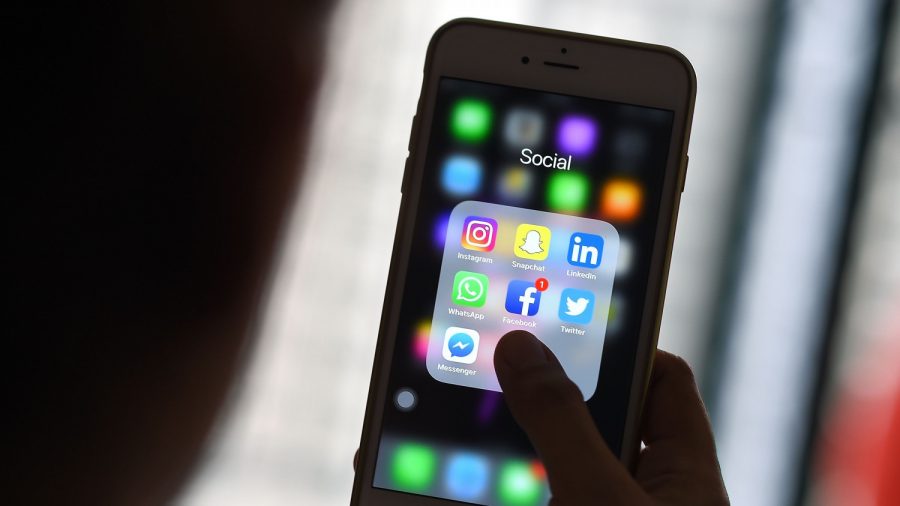Facebook Inc’s WhatsApp messaging service said on Monday it had “paused” processing law enforcement requests for user data in Hong Kong.
WhatsApp is “pausing” such reviews “pending further assessment of the impact of the National Security Law, including formal human rights due diligence and consultations with human rights experts,” a spokesperson said in a statement.
Hong Kong has enjoyed unrestricted internet access unlike mainland China, where the likes of Google, Twitter, and Facebook are blocked.
Last week, China’s parliament passed the national security legislation for Hong Kong, setting the stage for the most radical changes to the former British colony’s way of life since it returned to Chinese rule 23 years ago.


The sweeping legislation pushed the semi-autonomous city, which is the regional home for a large number of global financial companies, on to a more authoritarian path.
Some Hong Kong residents also said they were reviewing their previous posts on social media related to pro-democracy protests and the security law, and deleting ones they thought would be viewed as sensitive.
The legislation also pushed China further along a collision course with the United States, with which it is already in dispute over trade, the South China sea, and the coronavirus.
By Akanksha Rana

